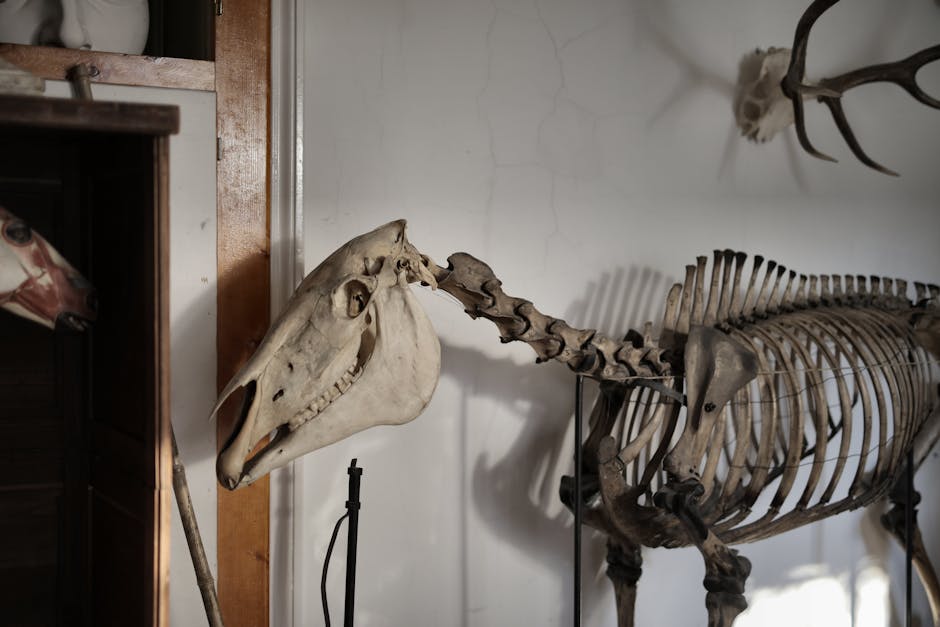The pursuit of historical understanding often grapples with a fundamental question: is history inherently subjective or objective? This dichotomy, often presented as an either-or proposition, oversimplifies a complex relationship. A deeper examination reveals that history, as constructed by historians and archaeologists, is a complex interplay of verifiable evidence, personal interpretation, and the prevailing societal contexts in which these interpretations take shape. The objective aim to unveil the past is fundamentally intertwined with the subjective lens through which we view it.
A cornerstone of historical inquiry lies in the gathering of evidence. Archaeologists painstakingly excavate sites, meticulously analyze artifacts, and carefully document their findings. Similarly, historians meticulously scrutinize written records, primary sources, and secondary literature. This process, at its core, strives for objectivity. The physical remains of the past, the pottery shards, the architectural remnants, and the written texts are, in a sense, independent of the human interpretations that follow. They exist as tangible evidence, offering a glimpse into past realities. Yet, even this seemingly objective foundation is subject to inherent limitations.
One critical limitation is the very selection of what constitutes evidence. Historians and archaeologists do not have the luxury of acquiring every piece of data from the past. Resources, time constraints, and the very nature of the preservation process drastically reduce the available data. This necessitates choices. What aspects of the past are deemed significant enough to be investigated? What fragments are preserved and thus considered relevant? Already, a subjective element enters the process. These initial choices inevitably shape the narrative and influence the conclusions drawn.
Moreover, interpreting this evidence involves a complex process of contextualization. Understanding the meaning of a particular artifact, a particular text, or a particular event requires understanding the surrounding circumstances. This understanding, however, is not a simple, mechanical application of facts but rather an interpretation that draws on pre-existing knowledge, frameworks, and theoretical perspectives. Archaeological findings, for example, are frequently situated within broader historical narratives of societal development, technological advancements, and economic systems. This contextualization process introduces further layers of subjectivity, as historians must choose which frameworks to employ and which interpretations to prioritize.
The influence of present-day perspectives is another crucial factor shaping historical narratives. Modern values, biases, and political agendas can subtly, and sometimes overtly, shape how the past is interpreted and presented. A historian working within a specific theoretical framework, perhaps one emphasizing social justice or economic inequality, may interpret the same historical event in a way that differs significantly from a historian prioritizing political power or military strategy. The lens through which they view the evidence directly shapes their conclusions. This is not necessarily a conscious act of manipulation but rather a product of the researcher’s own social and cultural background.
Further, the very act of writing history is inherently selective and interpretative. Historians must condense vast amounts of information into narratives, selecting details that emphasize their central arguments. This process, although crucial for communicating complex ideas, inevitably involves choices about what aspects of the past to highlight and which to downplay. Such selective presentation, while not necessarily intentional misrepresentation, invariably shapes the historical narrative and potentially distorts the fuller picture of the past.
Furthermore, the relationship between the past and the present significantly influences historical accounts. The historical events that have shaped the present, particularly those viewed as important turning points, often become the subject of heightened attention and scrutiny. Conversely, events that do not seem to have a direct impact on the present may be marginalized or downplayed in historical accounts. The current societal or political climate can also shape the selection and interpretation of events. This inevitably adds a subjective layer to the historical narrative.
Archaeological investigations, too, are not immune to this process. The very existence of archaeological sites themselves are shaped by the forces of history, often undergoing transformative processes over time. Natural calamities, human activities, and cultural practices all play a role. The artifacts and remains found at a site may reflect only a fragmented picture of the past, necessitating extensive inferential processes to recreate a complete picture.
A crucial component of this discussion concerns the implications of acknowledging subjectivity in historical research. It does not mean that historical accounts are entirely unreliable or worthless. Rather, it emphasizes the importance of critical analysis and awareness of the interpretive choices involved. Recognizing the inherent subjectivity in historical studies allows for a more nuanced understanding of the limitations of the field and facilitates greater appreciation of the variety of possible interpretations. By understanding the biases and contexts that shape historical interpretations, we can approach the past with a more informed, critical perspective.
In conclusion, the search for historical truth is not a simple journey to an objective destination. History and archaeology are deeply embedded in the process of human interpretation, shaped by the evidence available, the frameworks employed, and the societal contexts in which they are constructed. While the goal of uncovering the past remains, this pursuit is inextricably linked to the subjective lens through which we view it. Acknowledging this subjectivity is not to dismiss the validity of historical inquiry but rather to appreciate the complex and dynamic relationship between the past, the present, and the human need to understand it. This complex interplay of objective evidence and subjective interpretation allows us to continually refine our understanding of the past.






